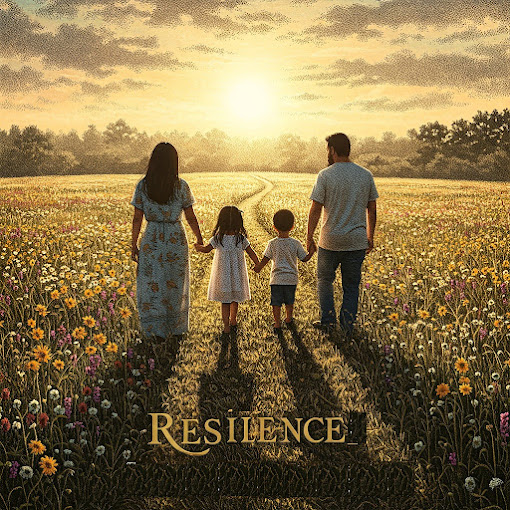7.7 Handling Midlife Crisis with Purpose

Recognizing the Midlife Crossroads Midlife often brings a deep internal reckoning—a moment when individuals begin to question past choices, future directions, and personal identities. It may arise as a feeling of restlessness, dissatisfaction, or confusion even when life appears stable externally. Recognizing this as a natural phase rather than a flaw is the first step in handling it constructively. For instance, Ramesh, a well-settled IT professional in his 40s, found himself inexplicably irritable and emotionally withdrawn. It wasn’t burnout—it was the classic signs of a midlife crisis, urging him to re-examine what truly mattered to him beyond achievements and titles. Moving From Crisis to Reflection Instead of avoiding the discomfort, using it as a time of deep reflection can yield powerful insights. A midlife crisis can feel like a storm, but it’s also a clearing—an opportunity to redefine priorities. When Seema began questioning whether her two-decade-long teaching job was...









